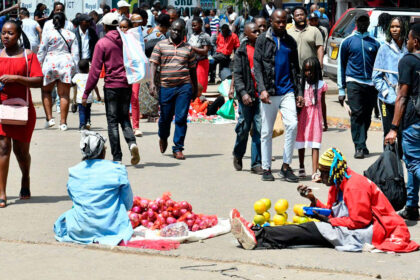Students missed university funding due to problems in the new higher education financing model.
The audit found students who deferred studies still received funds. Some had not even reported to campus. Others in need got nothing. The model failed to link with KUCCPS. This failure made student tracking hard.
Some students got money before official placement. Others were left out due to errors in registration numbers. The report also noted poor coordination among government agencies. Expelled students still received scholarships. The system lacked proper checks.
The Means Testing Instrument (MTI) was also faulty. Applicants submitted wrong data. This caused mistakes in fund distribution. The MTI in use did not match the approved version. This led to wrong student groupings.
Many students did not understand how to apply. Marginalised communities suffered most. Students with disabilities struggled to get support. Muslim students lacked Sharia-compliant loan options.
The report warned of poor loan repayment. Many graduates remain jobless or underpaid. This increases default rates and threatens the fund’s future.
In December 2024, a court ruled the model unconstitutional. The judge said it was discriminatory. The court also cited lack of public participation.
President William Ruto’s government introduced the model in 2023. It aimed to make education fair. But the audit shows deep flaws. The system failed to deliver equal and reliable support.
Also read: NEMA boss arrested in Ksh.25K bribery scandal
Audit Exposes Flaws in New University Funding Model

Leave a Comment












